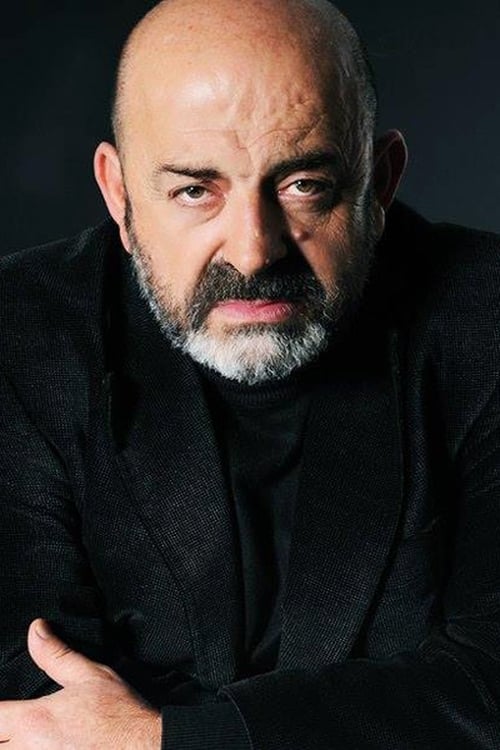Agnus Dei (2012)
Género : Drama, Bélica
Tiempo de ejecución : 1H 51M
Director : Agim Sopi
Sinopsis
Based on a true story, Agnus Dei is a kind of Oedipus of our days. Peter must find his way to redemption. But the past will make itself known and fate sparingly gives mercy. Can he save himself, or even be saved at all?

La traidicional sociedad nipona también ha ofrecido una gran película, la experimental de Toshio Matsumoto que se centra en la vida de los transexuales de Tokio durante los años 60.

Young Bundeswehr soldiers Tom and Charly are stationed in Kosovo with the KFOR peacekeeping force. Their mission is to secure peace. Although the brutal war between the enemy Serbs and Albanians is officially over, the hatred between people continues to smoulder. When Tom and Charly rescue the young Serbian Mirjana from the fatal shot of the young sniper Durcan, they get caught between all fronts. They lose their professional distance due to the resulting closeness to Mirjana - who has to learn that her father was a war criminal - but also to Durcan - whose entire family was wiped out. Soon they are entangled in a conflict about guilt, manipulation, love and revenge...
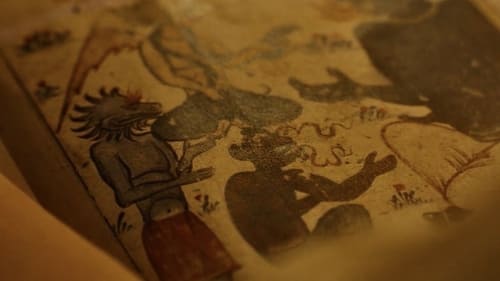
Haunted by her long-suppressed past and pressured by family to seek treatment from mystical healers for her infertility, a Kosovar woman struggles to reconcile the expectations of motherhood with a legacy of wartime brutality.
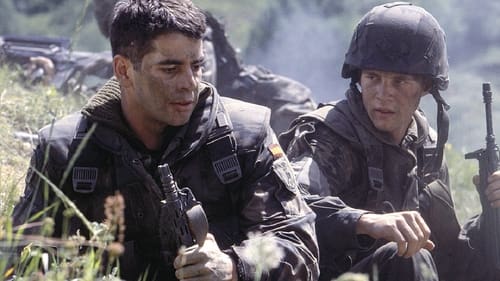
Kosovo, invierno de 1999. Las fuerzas de la KFOR desempeñan su tarea humanitaria al tiempo que tratan de mantener una difícil neutralidad entre los albanokosovares y los serbios. Un pelotón de ingenieros del Ejército español se ve involuntariamente envuelto en la espiral de violencia que provocan los dos bandos.
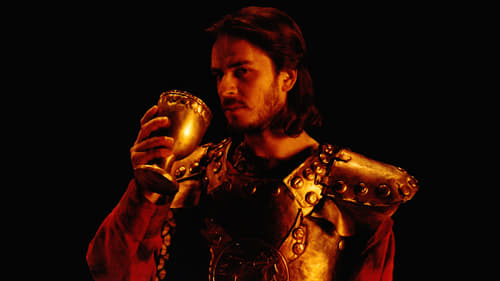
Batalla de Kosovo (serbio: Boj na Kosovu) es una película de drama / guerra histórica yugoslava de 1989 filmada en Serbia. La película se basó en el drama escrito por el poeta Ljubomir Simovic. Representa la histórica batalla de Kosovo entre la Serbia medieval y el Imperio Otomano que tuvo lugar el 15 de junio (según el calendario juliano, 28 de junio según el calendario gregoriano) en un campo a unos 5 kilómetros al noroeste de Pristina.

The story of Oedipus' gradual discovery of his primal crime, killing his father and marrying his mother, filmed by the famed British theatrical director Sir Tyrone Guthrie. This elegant version of Sophocles' play adds a brilliant stroke: the actors wear masks just as the Greeks did in the playwright's day.
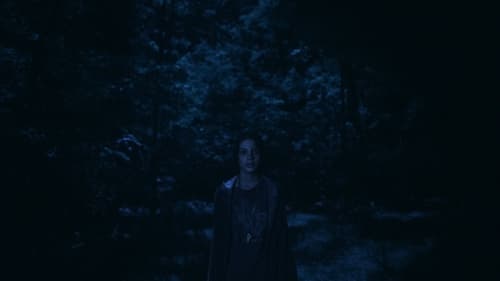
Se lee en las Naciones Unidas la carta de una niña de Kosovo, dedicada a su padre desaparecido, en la que aborda públicamente la difícil vida de los serbios, especialmente de los niños serbios que viven en los enclaves.

Plagues are ravaging Thebes, and the blind fortune-teller Tieresias tells Oedipus, the King, that the gods are unhappy. The murder of the former king has gone unavenged, and Oedipus sets out to find the killer.
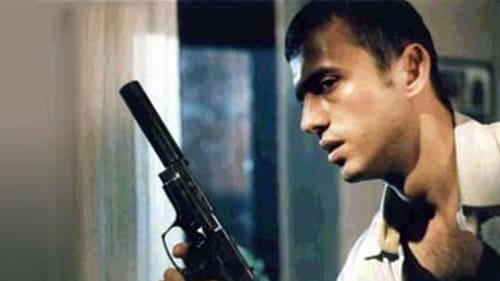
A love story between a Serbian girl and young Albanian set against the background of current Balkanic conflict.

A woman who is raped and gives birth to a child in war torn Kosovo, struggles to keep her child.

Constance es una maestra de escuela aburrida y amante del cine en Nueva Zelanda después de la Segunda Guerra Mundial que comienza a fantasear con que es una estrella de Hollywood, con trágicas consecuencias.

Oedipus's wanderings come to an end when he finds his final resting place, as foretold by the gods. But his brother-in-law and his son each try to take him away.

In the Kosovo War, human dignity was shattered by the terrors of the Serbian government and the Albanian liberation army. Truths about the victims’ fates faded away, which is why a Finnish forensic research group led by Helena Ranta got a mission to act as an unbiased agent and investigate the real course of events.

In a final battle for the control of Thebes, Oedipus's two sons kill each other. Creon issues an order that no one is to bury Polynices upon pain of death. But Antigone is determined that her brother's body will have the proper rites of burial.

Stolen Kosovo is a Czech language documentary by director Václav Dvořák (b. 1948), about the Serbian–Albanian conflict in Kosovo. The documentary describes the situation, first in a short overview of the history of the area, followed by the 1990s conflicts and bombing of Serbia by NATO forces in 1999 and ending with the situation after the Kosovo War. The documentary focuses on the 1990s in the time of Slobodan Milošević's rule as well as on numerous interviews of Serbian civilians and, less, of Albanian insurgents against the Milošević regime.
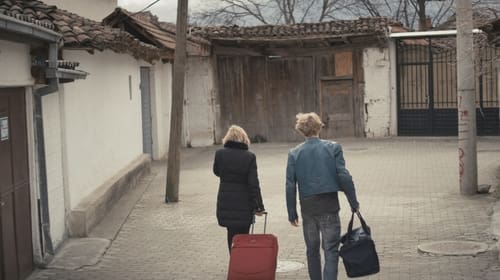
A lonely boy, who lives in Amsterdam with his refugee mother from Kosovo, keeps getting into trouble while yearning for her acceptance. But the traumas caused by the war, which his mother hides away from him, turn his world upside down.

Images and reality intermingle in this account of the writer's own experiences under totalitarian regime.

A Serbian family leaves the troubled Kosovo region after Albanians rape the daughter in front of her mother. When they leave their home after the assault, their family tombs are desecrated, and the move to northern Serbia is marked by rejection by the local people of their new community.

Sokol is a middle-aged Kosovar Albanian who, together with his family, emigrates from Kosovo to Turkey, and faces the foreign and unknown world. After some time he becomes homesick, eventually leaving his last will he gave to his son that when he dies, his bones will be returned to his native country. He dies near of a cliff at the Black Sea coast. In his native village, the news that Sokol has been returned from emigration are being spread.
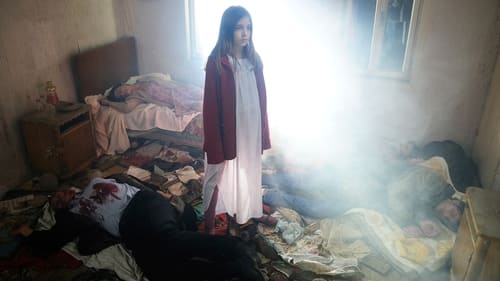
Based on a true story, Agnus Dei is a kind of Oedipus of our days. Peter must find his way to redemption. But the past will make itself known and fate sparingly gives mercy. Can he save himself, or even be saved at all?


